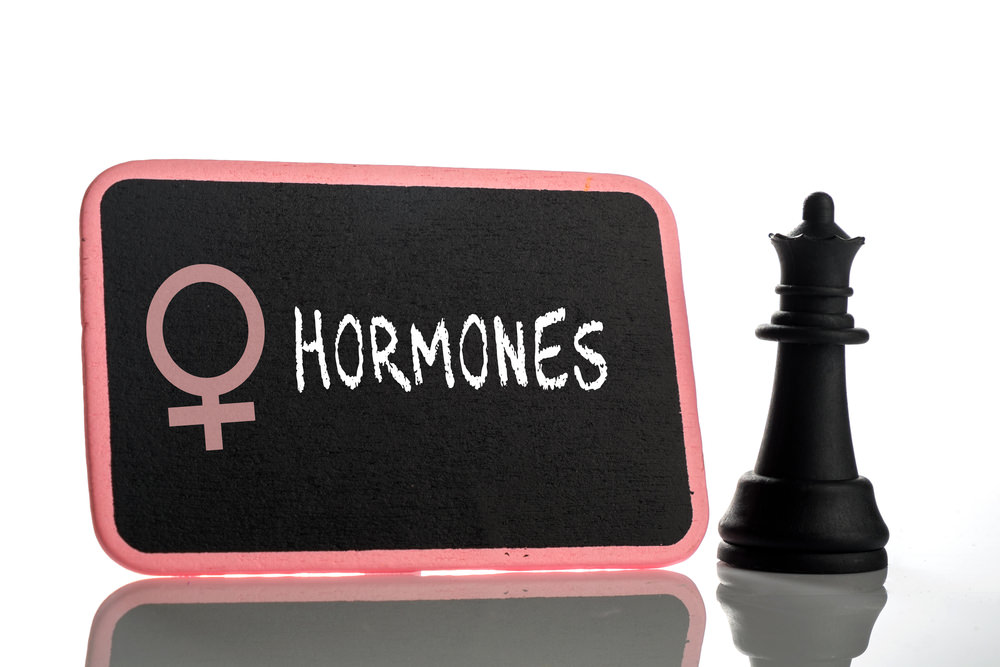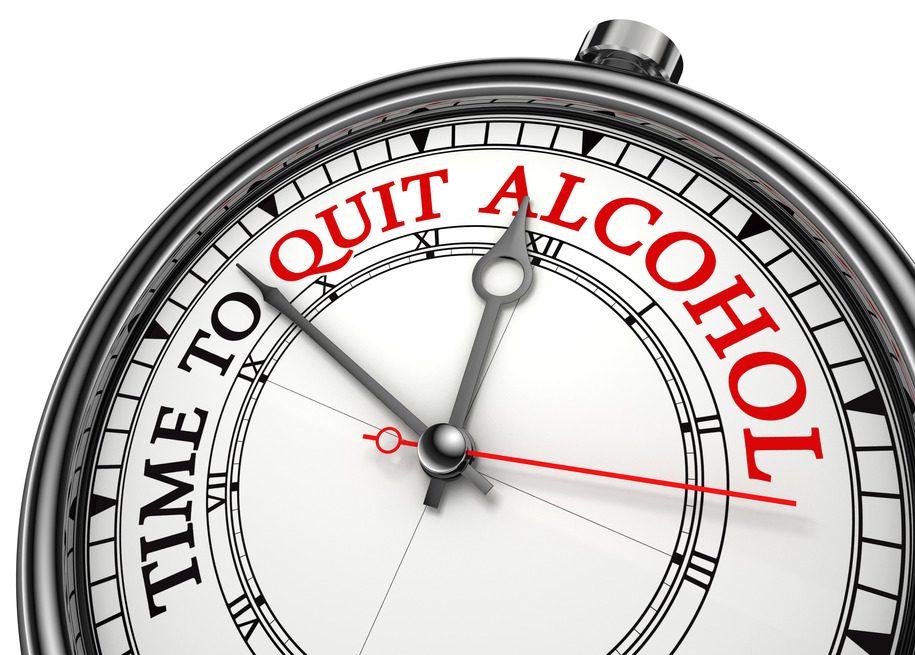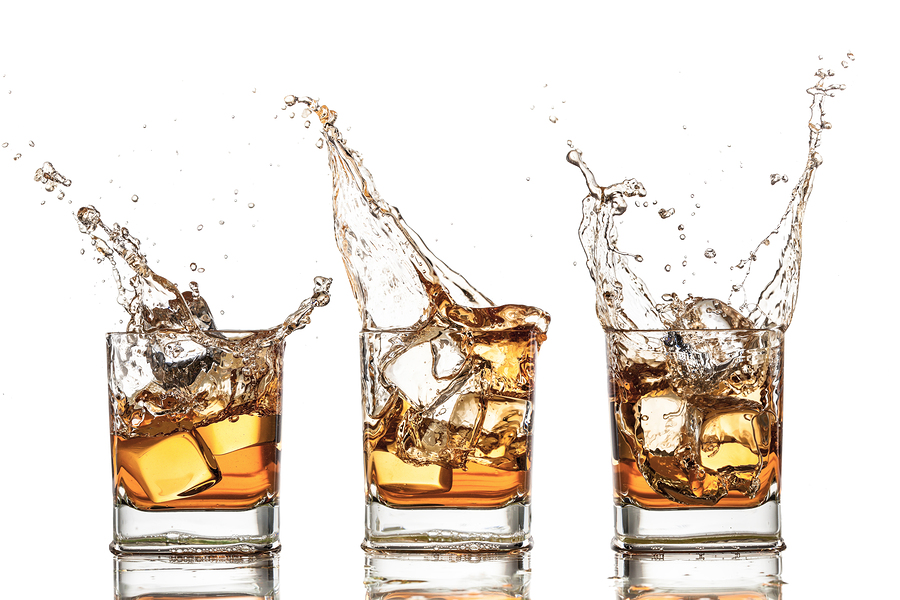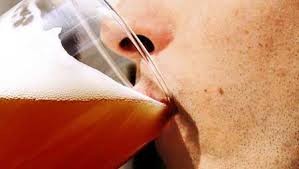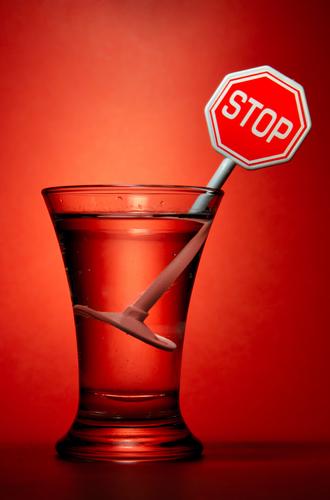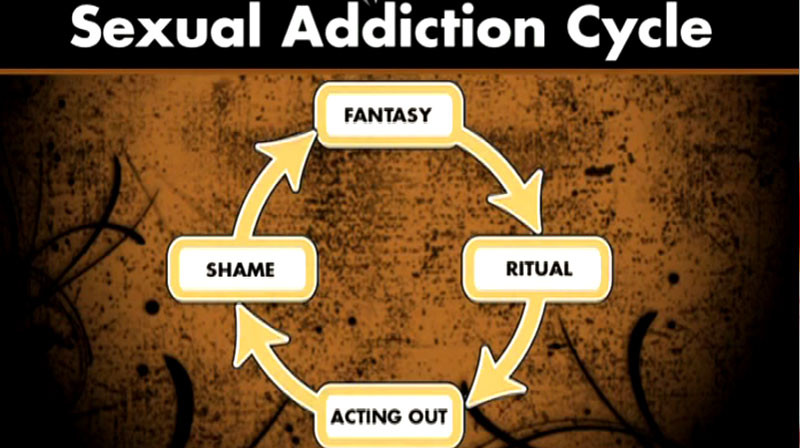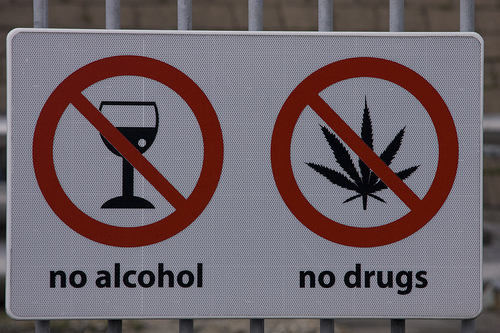Increasing leptin to reduce overeating
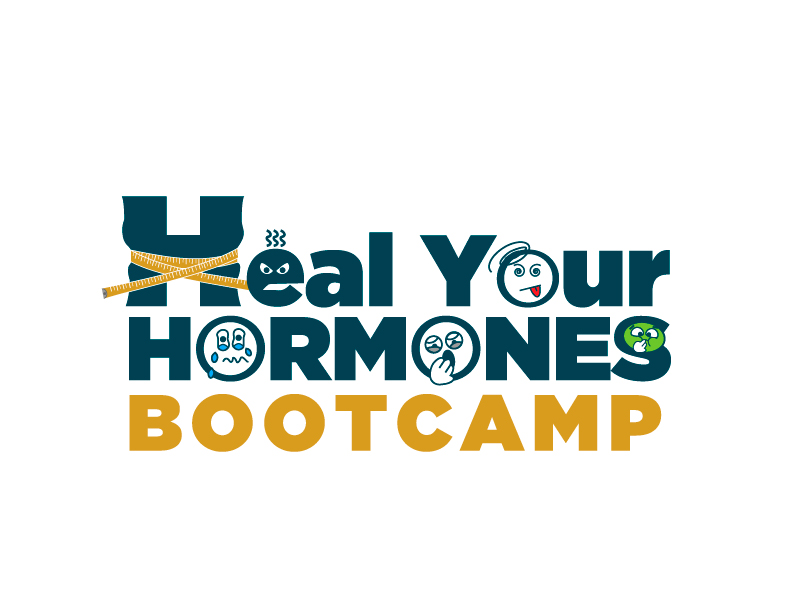
Increasing leptin to reduce overeating in many healthy ways
Increasing leptin to reduce overeating: The weight loss hormone
Did you know that your appetite can be the biggest enemy in your desire to losing weight? Your feeding habit and the quantity of food you eat greatly depend on how big your appetite is. When you have a big appetite feeding on the wrong food, chances are that you will be stocking calories you may not be able to burn. Knowing what calories is, it would be improper for anyone to stock more than they can burn. Therefore, checking on your appetite to avoid the temptation of overeating which may easily result in overweight and obesity is essential. Increasing leptin which is the hormone that signals you whenever you’re full and should stop. In the absence of this weight gain is inevitable. Therefore if you want to curb those cravings and take authority over your appetite, your leptin levels will have to be increased. With low leptin levels, you can eat and eat yet still be hungry. Nonetheless, with a few pinches to your diet and lifestyle, you can up the levels in your system.
Leptin is very instrumental in ensuring that you only eat what is enough for you. However, in the event that you want to surpass the limit, it will communicate to the body to stop. Many may find this difficult to understand and that is why doctor Dalal Akoury MD founded AWAREmed Health and Wellness Resource Center where the focus is on the application of natural weight loss methods like the use of leptin to reinstate normality through the realization of the oneness of spirit, mind, and body, unifying the threesome into one. You will be in very good hands to schedule an appointment with doctor Akoury today so that you put a proper check to your appetite by increasing the levels of your leptin in your system. This you can do by adapting to the following behaviors.
Increasing leptin to reduce overeating: Eating the right way
Limit your fructose consumption – Fructose hampers your leptin receptors. It doesn’t matter how many leptins you have, however, if they can’t be picked up and identified, it won’t make any difference. So cut out the fructose and processed goods. Remember that fructose is often used as a sweetener in sodas, cookies, and other sweet snacks we like stocking in our kitchen. So the best way to cut down on your intake is to make sure that whatever you’re eating is natural and never processed.
Say no to simple carbs – Keep distance to white bread, white rice, and all those delicious baked goods which may be too appealing and inviting from your list of foods. Therefore if you do have carbs in your diet, ensure that they are healthy ones like whole oats, quinoa, and some whole wheat pasta. The browner the better because their nutrients are still intact and color during processing.
Avoid severe calorie restriction – Some people will tell you to cut out carbs pretty much entirely. You can do this if you so choose, but be sure not to send your body signals that it’s starving. If you’re not getting enough nutrients, your body will start shutting down and your hormones will get all sorts of out of whack. And to top it off, you’ll need massive amounts of willpower because you’ll be so hungry. Not a good setup for success.
Avoid yo-yo diet – the implications of yo-yo diet will only mess with your metabolism and with your hormones. And you wind up gaining the weight back and then some. It is advisable that you settle on a diet that is workable and healthy.
Increasing leptin to reduce overeating: The weight loss hormone
http://www.awaremednetwork.com/

